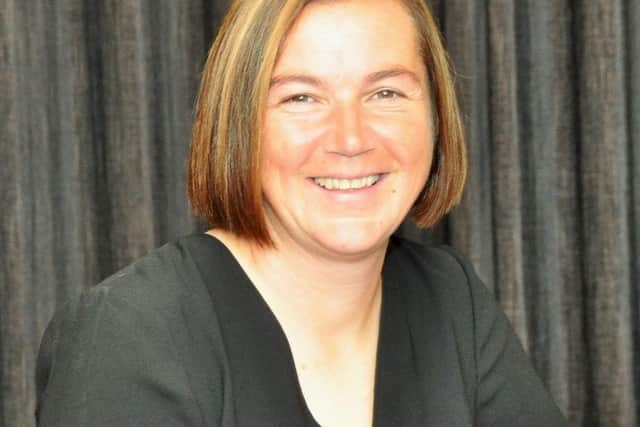Hate Crime Act is far from a joke - Kirsteen MacDonald
Introduced by First Minister Humza Yousaf when he was Justice Secretary, the Act is designed to send a “strong and clear message to victims, perpetrators, communities and to wider society that offences motivated by prejudice will be treated seriously and will not be tolerated”.
It criminalises threatening or abusive behaviour intended to stir up hatred based on a range of characteristics including race, colour, age, disability, religion, sexual orientation, and transgender identity with stiffer sentences for perpetrators of offences deemed to be driven by malice or ill-will towards any victim based on these protected characteristics.
Advertisement
Hide AdAdvertisement
Hide AdWhile the overwhelming majority of Scots would agree that genuine hate crime should be punished, there are real concerns about the inadequacies of this legislation, its potential impact on freedom of expression, and how it will be enforced.


Supporters have pointed out that freedom of expression is expressly protected. However, with no clear definition what constitutes ‘stirring up hatred’ and with Police Scotland confirming every alleged hate crime will be investigated, it is inevitable that the threat of a police complaint, however spurious, will leave many afraid to exercise their right to freedom of expression. Questions over how non-hate crime incidents are to be recorded only confound these fears.
With a major influx of complaints expected to follow the introduction of the legislation, an already overstretched Police Scotland faces the prospect of spending a disproportionate amount of time and resources investigating social media squabbles when, at the same time, the force does not have the resources to investigate all minor crimes.
It’s little wonder the Scottish Police Federation has been outspoken on the legislation with its General Secretary, David Kennedy, describing the situation as a “recipe for disaster” .
The Scottish Police Federation is among a long list of opponents to the Hate Crime Act who believe the Scottish Government has put forward another piece of unworkable legislation.


It follows the Offensive Behaviour at Football Act, which sought to tackle bigotry in the game but was widely criticised for making football supporters feel like second-class citizens. Opponents argued that the courts already had sufficient powers to deal with offensive behaviour and the poor drafting of the Act meant that what constituted ‘offensive behaviour’ was open to interpretation. It was ultimately repealed in 2018.
There are clear parallels with The Hate Crime Act which seems equally open to interpretation and might crumble when challenged. It has taken prosecuting authorities three years to prepare for the Act coming into force, demonstrating the difficulties they anticipate in enforcing the legislation. It seems inevitable that we will see more public money spent on defending this Act even though many predict it will suffer the same fate as the Football Act.
Acts of violence, aggression and intimidation against minority groups have no place in Scotland and should never be tolerated. However, it remains unclear whether the Hate Crime Act will create more problems than it ultimately solves.
Advertisement
Hide AdAdvertisement
Hide AdUnlike an April Fool’s prank, which takes effect on only one day of the year, this Hate Crime Act is intended to be a permanent feature – but looks set to be yet another piece of legislation from the Scottish Parliament which will divide public opinion.
Kirsteen MacDonald is founder and director, Mac Media Law
Comments
Want to join the conversation? Please or to comment on this article.